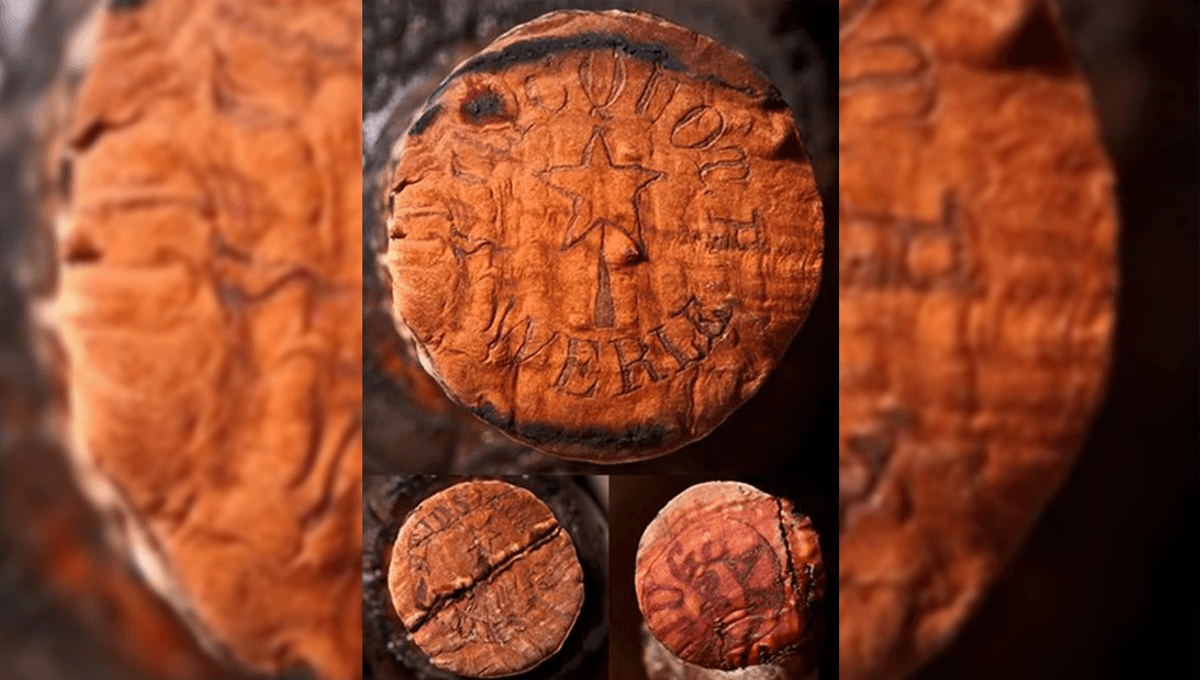
The idea of finding a treasure chest within an ancient shipwreck might be a popular movie storyline, but far from gold and jewels, an unexpected new item might be the source of future wealth. In 2010, a group of divers discovered a shipwreck containing 168 bottles of champagne that were still full and surprisingly, still worth quite a bit of money.
The ship was discovered in Finland’s Åland archipelago, having sunk to the bottom of the Baltic Sea in 1852. It contained bottles of champagne from the Juglar maison, as well as 47 bottles of Veuve Clicquot identified by the corks. At an auction two years after the discovery, 11 of the bottles were sold, raising a total of $156,000.
Given that 168 bottles of champagne were found, it seemed only right that someone should taste them. Professor Philippe Jeandant was given samples from three of the bottles and published a report of his findings. He writes in the report that they are likely to contain the oldest champagne ever to be tasted.
Understandably, after sitting at the bottom of the ocean for 170 years, the tasting was not initially positive. “the Baltic samples were described using terms such as ‘animal notes,’ ‘wet hair,’ ‘reduction,’ and sometimes ‘cheesy'” the authors wrote in the paper. However, after swirling the wine around in the glass to oxygenate the liquid, the tasting notes changed to “empyreumatic, grilled, spicy, smoky, and leathery, together with fruity and floral notes.”
Now that the wine has been tasted and analyzed, the Guardian reported that the bottles could be worth as much as $190,000.
Despite the somewhat unappealing flavors, this could present an opportunity for adventurous winemakers of the future. Traditionally, all champagne must spend at least 15 months maturing in a cellar, according to the Comité Champagne website. It suggests that the best wines are created in these conditions, which also include a steady temperature and protection from light.
Where better to have these environmental conditions than at the bottom of the ocean? In Champagne, Leclerc Briant has created a special cuvée called Abyss, in which bottles are submerged off the northwest coast of France.
‘We did it first to test underwater aging because it’s perfect conditions,” Pierre Bettinger, commercial director at Leclerc Briant, told Decanter.
And they are far from the only ones; other winemakers are aging wine in metal cages below the Atlantic, while in Croatia jars are placed in pottery jugs and placed on shelves 50 meters (164 feet) below the sea’s surface.
“Wines age slower underwater”, sommelier Emanuel Pesqueira told The International Wine Challenge. “The deeper they are, the higher the atmospheric pressure, the wines therefore maintain their freshness much longer – some taste as if they’ve just been bottled, depending on the style of wine, even those which have been in the sea for two years.”
With stable temperatures, and less exposure to light, could the future of the winemaking industry lie in the bottles rediscovered in the shipwreck? Would you try an underwater wine?
Source Link: 170-Year-Old Shipwreck Champagne Is Oldest Ever Tasted, With Notes Of "Animal" And "Wet Hair"